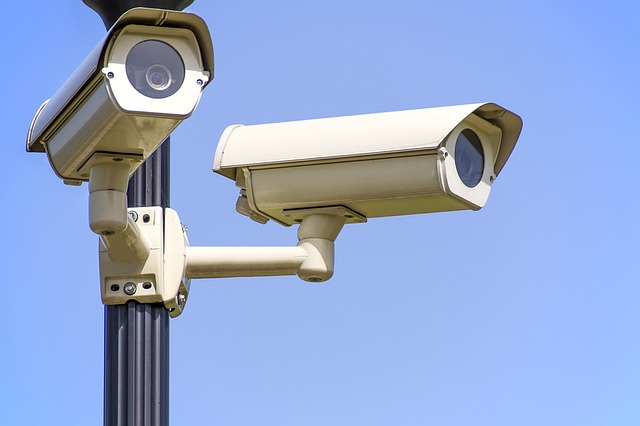By Alexander Millman and Angela Szczepanski, NRA Legal
Ms Shahin Tavassoli v Bupa Aged Care Mosman
A recent case reminds employers that care must be taken when relying on evidence obtained from workplace surveillance to dismiss an employee, and the need to afford employees procedural fairness even when it appears to be an open-and-shut case.
In this case, Ms Tavassoli, an aged care nurse who worked in New South Wales, won her job back following a decision by the Fair Work Commission (FWC) that she had been constructively dismissed, arguing that:
- the dismissal lacked a valid reason, and
- was procedurally unfair.
The case ultimately turned on whether the employer ought to have allowed the employee to rescind her resignation. Since the employer refused, the FWC ultimately determined that the case was one of constructive dismissal.
Of importance for members, the FWC questioned whether the covert video recording which was relied on in order to dismiss the employee was legal.
The issue of the video evidence
The employer commenced an investigation into Ms Tavassoli after another employee made two convert recordings of her on 13 and 14 November 2016. The recordings were provided to the employer on 15 November 2016.
The employer alleged the recordings showed Ms Tavassoli being disrespectful to a resident, laughing over the deaths of two residents and neglecting her duty by ignoring residents’ buzzers.
At the commencement of the proceedings, the FWC invited Ms Tavassoli’s representative to consider whether the video recordings should be accepted into evidence. They consented to the recordings being put in as evidence as the representative formed the view that the recordings assisted the employee’s case.
Notwithstanding this consent, it was a relevant consideration for the FWC in its deliberations that the evidence relied on to dismiss the employee may not have been lawfully obtained.
Covert surveillance
In NSW under the Workplace Surveillance Act 2005 (NSW) covert surveillance of employees is prohibited without a covert surveillance authority issued by a magistrate.
Covert surveillance authorities under the NSW law are only permitted if the employer reasonably believes that the employee is engaging in unlawful activity.
Consequently, covert surveillance cannot be used to determine whether employees are breaching policies of their employer or not performing. The threshold for the granting of the authority requires a reasonable suspicion that the employee is breaking the law.
Implications for the case
Generally, where evidence is obtained unlawfully, it cannot be considered by a court, tribunal or commission.
Under the Fair Work Act the FWC is not bound by the rules of evidence, however in practice the it usually follows them to give some measure of fairness to its decisions around evidence.
If the FWC had refused to allow the recordings into evidence, the employer’s case would have automatically failed as it would have been unable to demonstrate on what basis it had reached its conclusions about the employee’s conduct. Consequently, the dismissal would have been unjust and unreasonable by operation of law, as it was informed by unlawfully-obtained information.
Even with the recordings allowed into evidence, the potential that they were unlawful was a factor taken into consideration by the Commission when determining whether the dismissal was harsh, unjust or unreasonable.
What this means for you
Before engaging in any form of surveillance, be it video or audio-only, overt or covert, make sure you are familiar with the legal obligations.
Laws regarding surveillance devices vary from State to State, so make sure that the information you obtain is correct and relevant to where you are.
NRA Legal can provide assistance and advice in this regard. To find out how we can help you, call us on 1800 RETAIL (1800 738 245).


